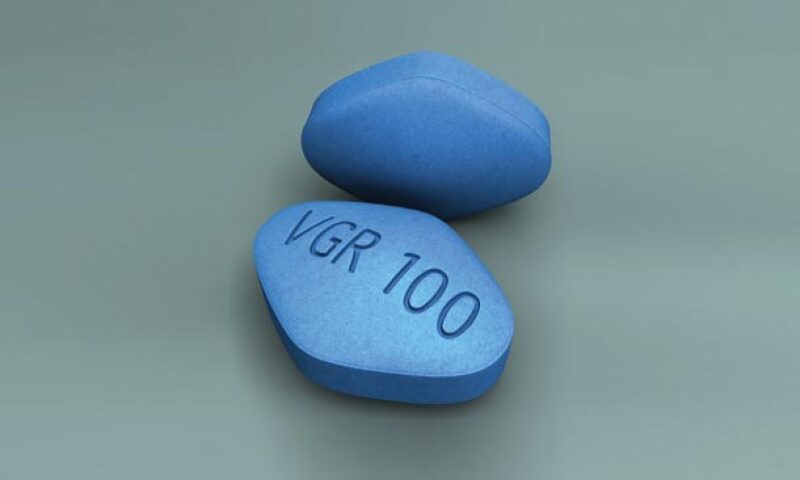
The result
Supreme Court of Canada invalidated Pfizer’s patent on the active ingredient in Viagra
The impact
The sufficient disclosure test must be applied to the patent as a whole
In Teva v Pfizer, generic manufacturer Teva Canada sued Pfizer, alleging that its patent on sildenafil, the active ingredient in Viagra, was invalid.
The patent covers seven claims, with claim 1 describing a formula which covers 260 quintillion compounds. Claims two to five successively narrow down the ranges of compounds. Claims 6 and 7 each cover a single compound, with claim 7 describing sildenafil. The patent lists nine "especially preferred" compounds, including sildenafil. However, it fails to specify that sildenafil is the only compound that Pfizer found induced erections.
Teva argued that the patent, number 2,163,446, failed to properly disclose the invention, as required under Section 27(3) of the Patent Act. Pfizer disagreed, also arguing that under Section 58 of the Act, courts are required to consider valid and invalid claims separately. Despite describing claims 1 to 5 as "red herrings", The Federal Court of Appeal upheld the patent on this basis.
But the Supreme Court of Canada overruled the decision, concluding that the test was whether a skilled person could reproduce the invention using only the information in the patent. Pfizer's patent would require experimentation to discover whether claim 6 or 7 contained the effective compound.
The court invalidated the patent 18 months before its expiration date. The day the Supreme Court released its ruling, Teva launched Novo-Sildenafil, a generic version of Viagra.
This case was selected as one of Managing IP’s Cases of the Year for 2012.
To see the rest, click on one of the cases below.
The 10 cases of the year
A fillip for the EU pharmaceutical sector
Relief for trade mark owners in red sole saga
Australian TV streaming service held to be illegal
Smartphone war hits front page in the US
Liberalising the EU’s software market
Victory for fair dealing in Canada
Lacoste loses its trade mark in China
Google prevails in Android attack
EU test case clarifies class headings
Ten you might have missed
Canada: Ambiguous claims can invalidate patents
Russia: Certainty on parallel imports
Italy: TV formats win copyright for the first time
First FRAND cases litigated worldwide
Data exclusivity backed by Mexican courts
China: A shift over OEM manufacturing
Authors in the US able to reclaim joint copyrights










